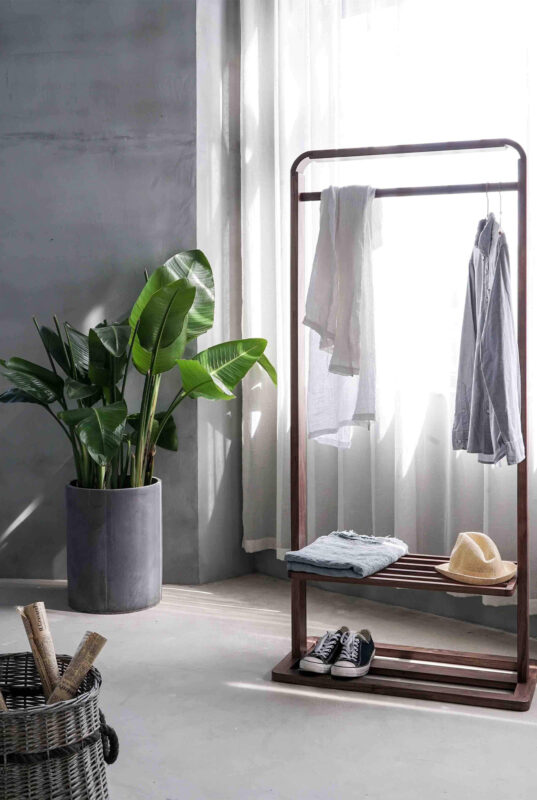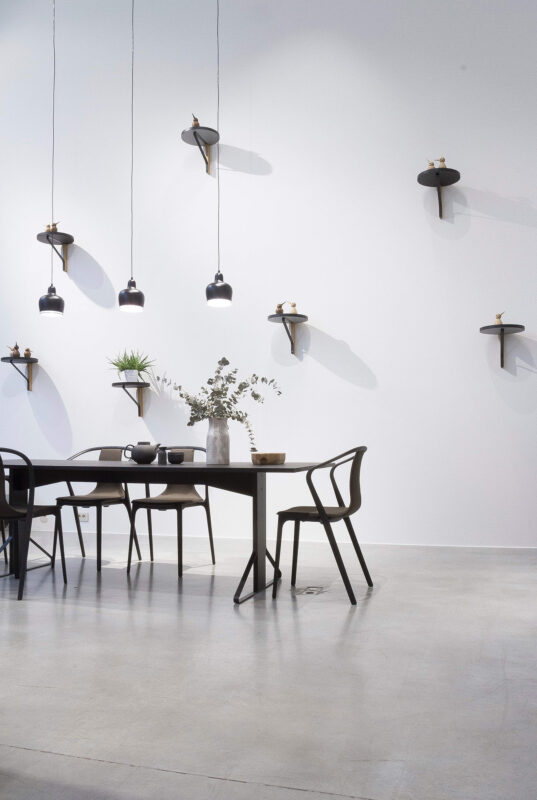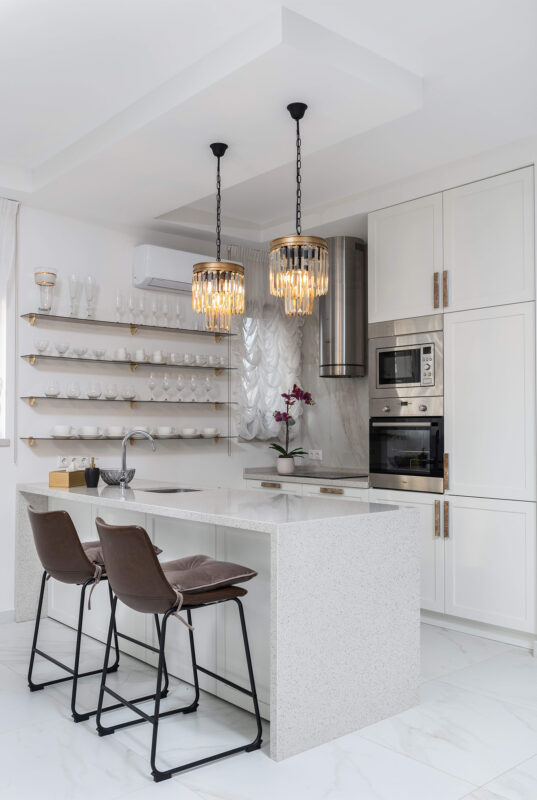The Cost of a Blocked Toilet Gone Wrong—And How to Avoid It

Blocked toilets are a common yet frustrating household issue that can quickly escalate from an inconvenience to a costly disaster. While it may seem like a manageable problem at first, ignoring or inadequately addressing a blockage can lead to extensive damage, health hazards, and expensive repairs. Understanding the true cost of a blocked toilet—and how to prevent it—can save both money and stress in the long run.
Understanding the Problem
When faced with a blocked toilet, the instinct may be to try DIY fixes, such as plunging or using household chemicals. While these methods can work in some cases, they often fall short, especially if the blockage is deep within the plumbing system. If attempts to unblock the toilet fail, the situation can worsen, leading to leaks or overflow. This is when the costs can spiral, not just in terms of repair expenses but also due to the inconvenience and potential for additional damage to your property.
Common Causes of Blocked Toilets
Understanding what leads to blocked toilets can help you take preventive measures. Here are some common culprits:
- Excessive Toilet Paper: Using more toilet paper than necessary can create a thick mass that doesn’t flush properly.
- Foreign Objects: Items like toys, sanitary products, or anything other than toilet paper should never be flushed.
- Tree Root Intrusion: In older homes, tree roots can infiltrate pipes, causing blockages that require professional attention.
- Hard Water Deposits: Over time, minerals can build up and create restrictions in the pipes, making flushes less effective.
The Financial Impact
The costs associated with a blocked toilet extend beyond the immediate plumbing bill. Several hidden expenses can crop up, including:
- Professional Repair Costs: Hiring a plumber can be expensive, especially if the blockage requires specialised equipment to resolve. The average cost for unblocking a toilet can vary significantly, from £50 to over £200, depending on the severity.
- Water Damage Restoration: Overflowing toilets can lead to water damage on floors, walls, and ceilings, requiring costly repairs and refurbishment. If not addressed quickly, mould can also grow, creating additional health risks and expenses.
- Wasted Water: Constantly running toilets can waste gallons of water, reflecting on your utility bills. A continuous leak may seem trivial, but it can lead to significant costs over time.
To avoid some of these expensive pitfalls, it’s wise to consider reliable toilet unblocking services in Essex at the first signs of trouble. Calling in the professionals can provide peace of mind and prevent minor issues from becoming major headaches
Prevention is Key
Preventing a blocked toilet is often simpler than addressing one after it occurs. Here are some proactive strategies to keep your toilet blockage-free:
Smart Usage Habits
- Dispose Wisely: Ensure that everyone in the household is aware of what can and cannot be flushed. Regular reminders about avoiding flushing items such as wipes and feminine hygiene products can go a long way.
- Use Less Toilet Paper: Encourage everyone to use only the necessary amount of toilet paper and consider alternatives like bidets.
Regular Maintenance
- Routine Checks: Regularly inspect the toilet and bathroom plumbing for any signs of slow drains or recurring blockages. Addressing these early can prevent larger issues.
- Consider a Professional Inspection: Hiring a plumbing professional to inspect your plumbing system can identify problems before they become noticeable. A preemptive check-up can save you both time and money.
Keep Drains Clear
- Install Drain Covers: Inolder properties, tree roots may be a concern. Consider installing drain covers or using root inhibitors that can help prevent roots from growing into your piping system.
What to Do During a Blockage
If you find yourself in the unfortunate position of dealing with a blocked toilet, here are some steps you can take before contacting a professional.
- Stay Calm: Keep a cool head to assess the situation without making rash decisions.
- Turn Off Water Supply: Prevent overflow by turning off the water supply to the toilet, usually located near the bottom of the tank.
- Try a Plunger: If you’re comfortable doing so, use a plunger to try dislodging the blockage. Ensure you’re using the correct type—flanged plungers usually work best for toilets.
Know When to Call in the Experts
If these quick fixes fail, it’s time to call a plumber. Look for services that offer quick response times and are well-reviewed. Engaging professionals with experience in handling blocked toilets ensures a swift and effective resolution to your issue.
The Bottom Line
Blocked toilets may seem trivial, but they can carry significant risks and costs if not managed properly. By understanding the causes and implementing preventive measures, homeowners can save themselves from the aggravation and expense of a blockage gone wrong. When in doubt, calling in effective and trusted reliable toilet unblocking services in Essex can ensure that any issues are swiftly resolved, allowing you to focus on what truly matters—enjoying your home.
Decasa Collections shares practical home solutions, including heated walkway mats that help keep paths safe in winter.

















